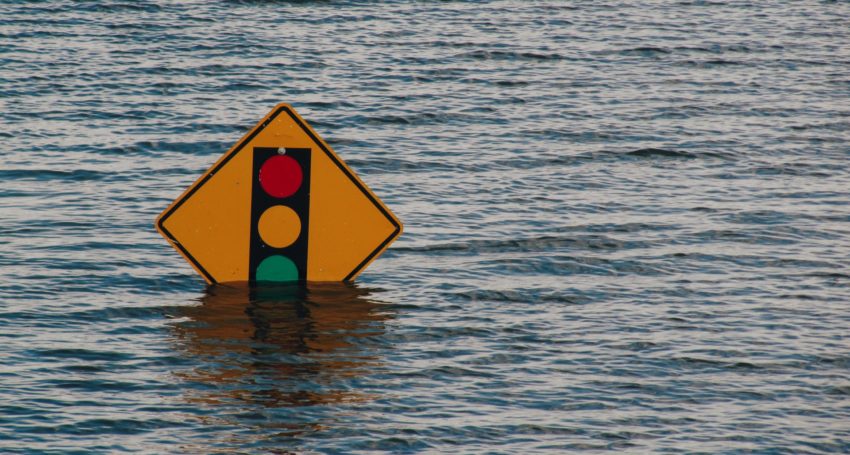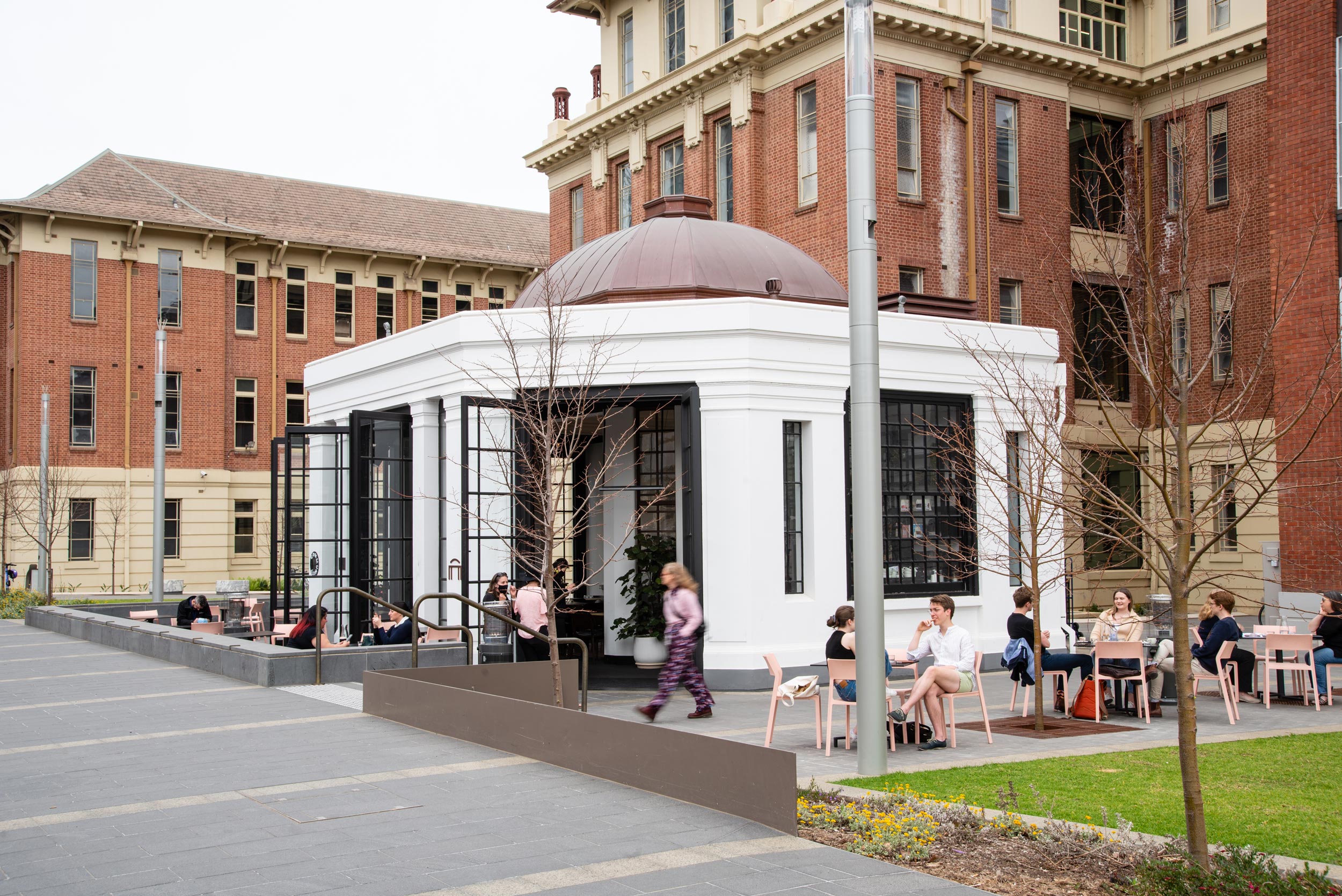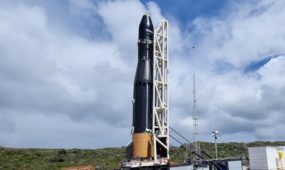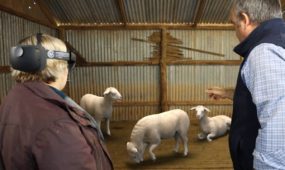Aussie startup tackles financial impact of climate change
Startups
While the Australian government continues to debate its climate policy, an environmental startup in South Australia is calculating the cost of climate change on investments.

Sign up to receive notifications about new stories in this category.
Thank you for subscribing to story notifications.

Rohan Hamden admits his global risk management company XDI: The Cross Dependency Initiative was “ahead of the curve”.
XDI, an adaptive climate startup headquartered at Lot Fourteen in Adelaide, South Australia, helps global businesses assess the impacts of climate change to their investments, giving them an understanding of how to protect assets from severe weather.
“It’s taken a long time for the world to wake up to how serious things are getting with climate change,” Hamden, who co-founded XDI in 2017, said of the company that is now experiencing rapid growth.
“For those involved in weather and climate, we’ve known for decades for serious the weather changes are. It’s really in the last two years, it’s been part of financial decision-making.
“There’s been regulatory change around the world, led by the financial sector who are setting global standards.”
Based in Lot Fourteen, an innovation district in the CBD of Adelaide, the company supplies global businesses with infrastructure risk assurance services based on climate change science, infrastructure engineering and advanced statistical methods to help organisations understand how climate change can impact their built infrastructure.

XDI is based at Lot Fourteen, and innovation district in the heart of Adelaide, South Australia that has made adaptive reuse of the heritage buildings of the city’s old hospital.
“The focus was on making sure that the decision makers had everything they need to make climate change action easy,” Hamden said.
“We thought the best way to do that was to quantify climate change in financial and risk terms, and in a way that is actionable.
“Weather events affect anything built such as houses, pipes, buildings. If you could show as weather gets worse and how quickly it gets worse, and what’s going to break, it becomes a no-brainer to do something about it.
“You’re harming your business if you don’t act on it. We worked with forward-looking governments too, who understood how to build infrastructure that’s resilient because essentially if you don’t build it right, these things won’t last 40 to 50 years.”
XDI has worked with organisations as diverse as Blackrock to the National Broadband Network across Australia, to the State of NSW and the province of British Columbia in Canada.
The British Columbia provincial government engaged XDI to do climate risk assessments of their network of hospitals.
“Once you build a hospital somewhere, it becomes a centre and everything is built around it,” Hamden says.
“You could put a hospital out in the middle of nowhere and a town and an entire economy would emerge around it. That community will be around for 100 years.
“We identify that they’ve got flooding risk over the next decade and fire risk will come in a few decades,
“If you build it correctly now, it saves you a lot of money in the future – and reduces harm.”
On the back of the assessment, the government improved the design of hospitals to mitigate flooding risks and ensure they weren’t getting power from vulnerable substations.
They also improved cooling systems, after XDI’s risk modelling showed internal temperatures could become unbearable during a loss of power caused by weather events.
Since moving into Lot Fourteen two years ago with just a handful of workers, the company has experienced significant growth. Hamden said he expects to grow the XDI workforce to about 100 before the end of the year and they are on a global recruitment drive.
“We can’t grow fast enough to meet the demand for our work,” he said.
XDI is among a slew of environmental and climatetech companies operating out of the Stone and Chalk startup hub in Lot Fourteen, which was once the site of the Royal Adelaide Hospital but now has had its historic buildings adaptively refurbished to host organisations as diverse as the Australian Space Agency and the Australian Institute for Machine Learning.
While Lot Fourteen hosts a broader span of 130 organisations, startups account for more than 59 of the companies at the innovation district and include home energy consumption startup Hubble, clean energy startup IO Energy, and climate catastrophe risk modelling company Reask.
Companies have moved from all over the globe to be a part of the unique innovation ecosystem at Lot Fourteen.
Jump to next article



